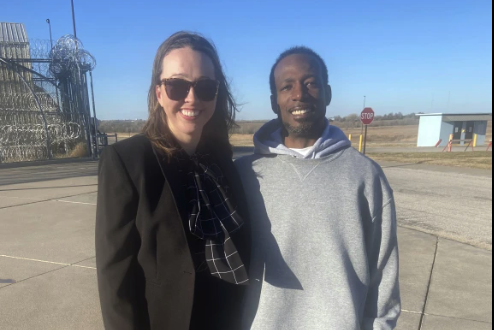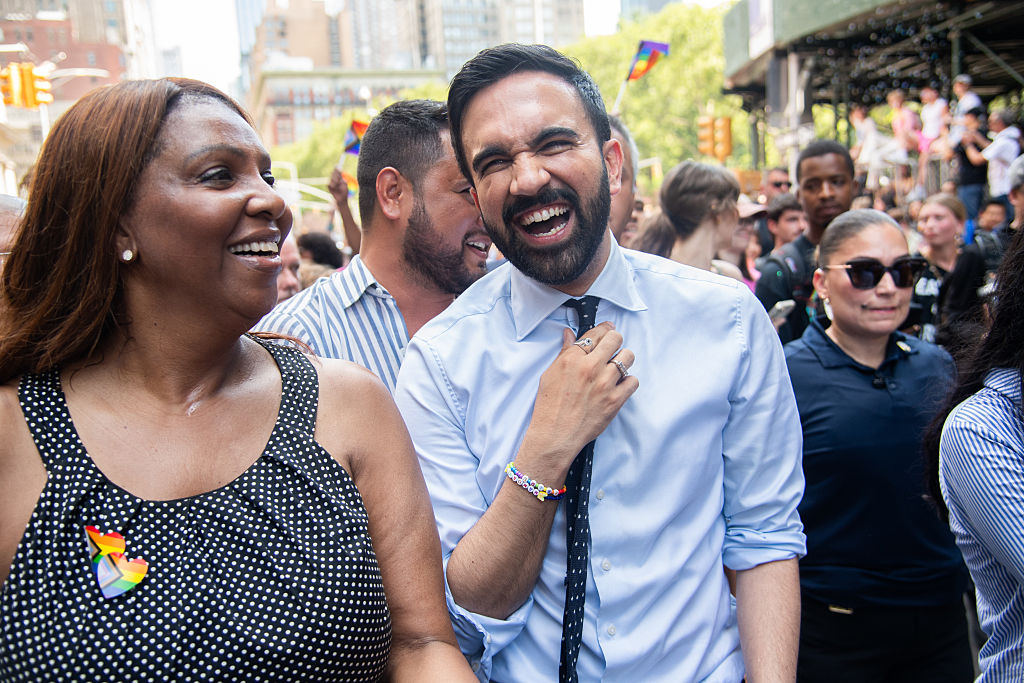NC Advocates Fight To Raise The Minimum Age After 6-Year-Old Sent To Court
A 6-Year-Old Sent To Court Over Picking A Tulip In North Carolina Sparks Important Conversations Around Raising The Minimum Age
The case of a six-year-old who appeared before a North Carolina judge for picking a flower out of a neighbor’s yard, illustrates the absurdity of a state law which functions to validate the school to prison pipeline, and most importantly, highlighted the need for reform in the juvenile courts.
The Winston-Salem Journal reported the boy’s attorney gave him crayons and asked him to color a picture since he had trouble paying attention during his hearing. State law requires an accused, even as young as six, to take part in their defense.
After learning that the boy appeared in front of the judge because his mother couldn’t make the intake hearing, the judge dismissed the case.
News of younger children being detained, handcuffed, and even brutalized are becoming more commonplace. Far too often, law enforcement and the juvenile justice system are used to address issues that were once handled by communities and the schools that serve them.
A 2020 report from the Children’s Defense Fund found that 1,995 children are arrested each day in the U.S. Black children were two-and-a-half times more likely to be arrested than white children.
41 percent of children in the juvenile justice system nationwide are Black.
Advocates, prosecutors, and law-makers agree the law needs to change, but they don’t all agree on a new minimum age for children to enter the juvenile system.
People like New Hanover County Chief District Court Judge Jay Corpening think young children have no place in the criminal system.
In an interview with the Winston-Salem Journal, Corpening questioned the practice of making children who are still young enough to believe in the Easter Bunny and the tooth fairy stand as participants in their own hearings. As chair of a special committee reviewing the issue for the North Carolina General Assembly, Corpening believes the age should be raised to 10.
Governor Roy Cooper’s Task Force for Racial Equity in Criminal Justice recommended the age be raised to 12. The task force found that youth ages 6-17 comprise 46 percent of the youth population, but 80 percent of the commitments to Youth Development Centers. It also suggested a school administrator or social worker sign a school-based petition before a school resource officer can file a charge with juvenile court.
North Carolina state Rep. Marcia Morey recently filed a bill that would increase the age to 10. Lyana Hunter, an assistant public defender, says raising the minimum age would be a game changer.
“Passing legislation like this can be so impactful for our kids,” said Hunter in an interview with WECT News. “Once that change happens, I think the impact will be tremendous.”
Anoa Changa is a movement journalist and retired attorney based in Atlanta, Georgia. Follow Anoa on Instagram and Twitter @thewaywithanoa.
SEE ALSO:
Black Twitter Celebrates Marcia Fudge’s ‘Black Auntie Energy’ During Viral Press Conference Moment
















